From Trojan horses that help sneak therapeutics past the blood–brain barrier to advanced brain models built on microchips, we celebrate innovative science in breathtaking images.
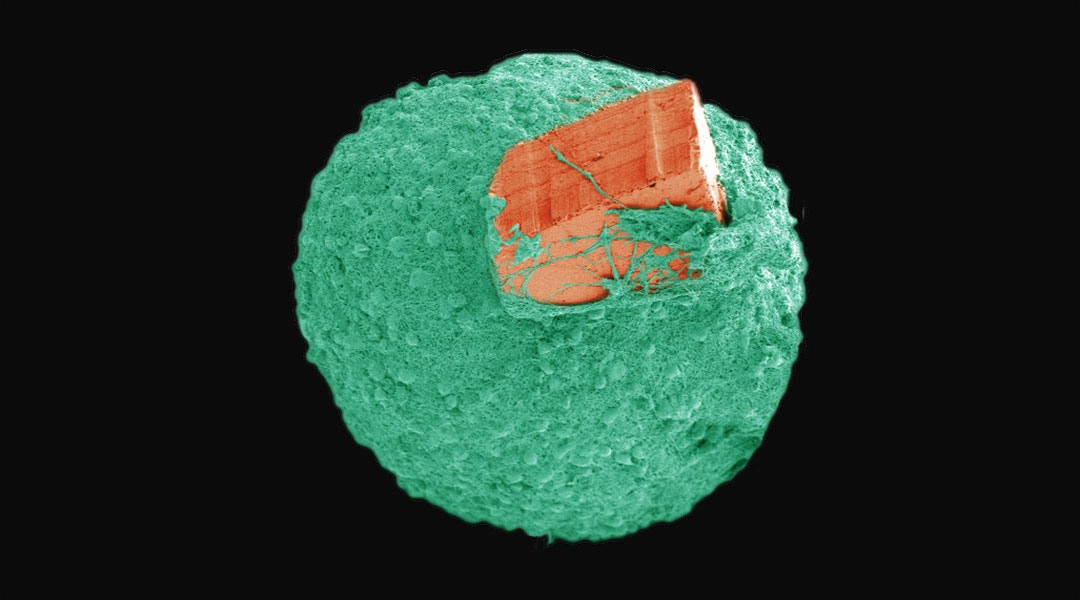

From Trojan horses that help sneak therapeutics past the blood–brain barrier to advanced brain models built on microchips, we celebrate innovative science in breathtaking images.
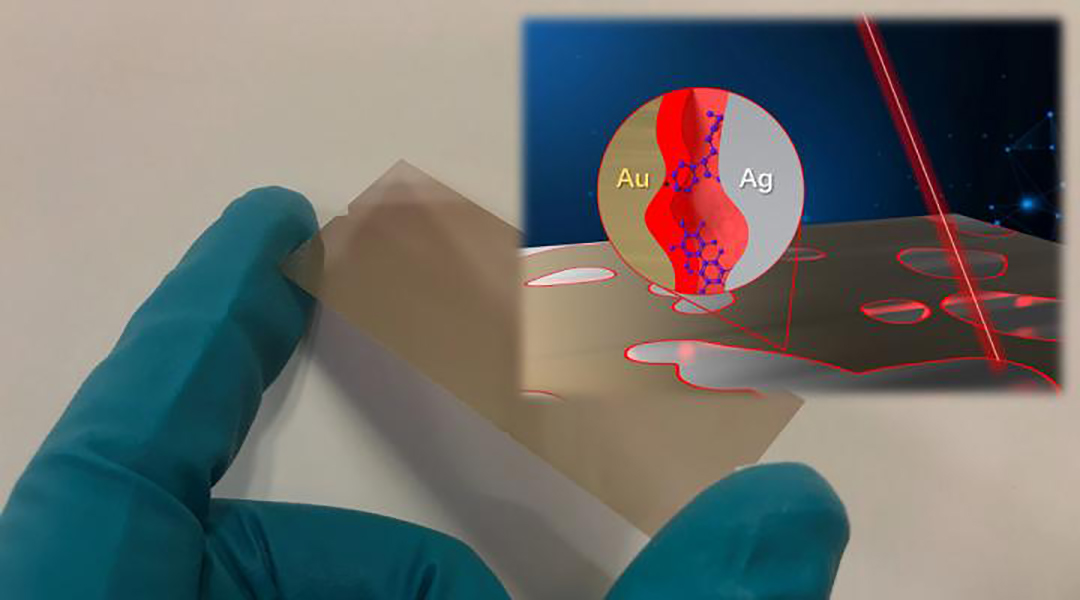
Study shows improvements to chemical sensing chip that aims to quickly and accurately identify drugs and other trace chemicals.

Personalized medicine for diseases that affect the central nervous system requires renewed focus on visualising the behaviour of drugs in the brain.
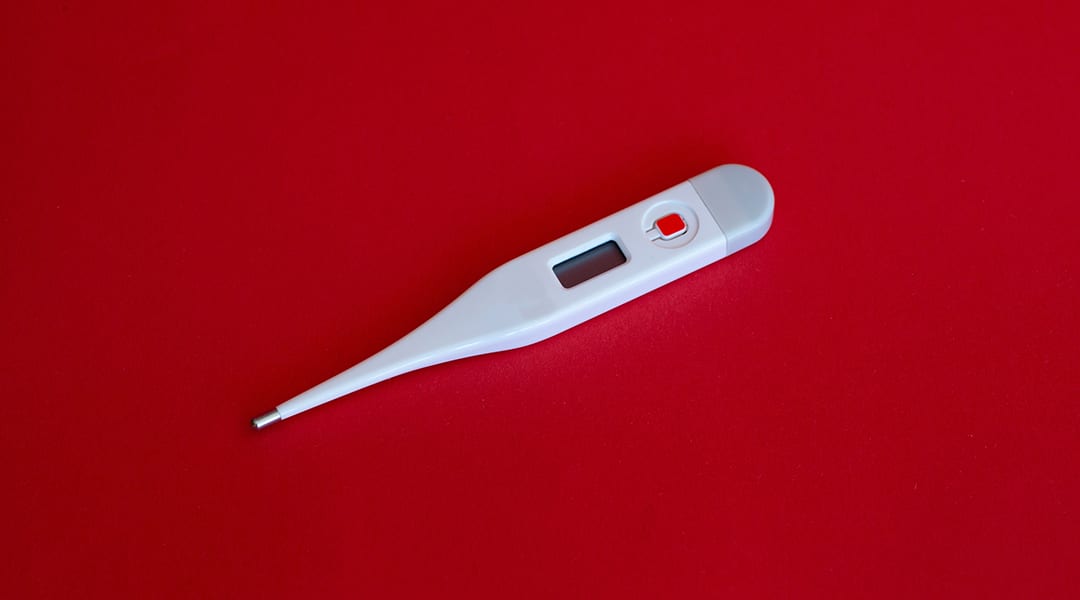
Models that can predict and help us to understand the body’s thermal state could help optimize temperature management strategies in a clinical setting.

A gelatin-based hydrogel allows researchers to create a flexible, remote controlled robot capable of squeezing through tight spaces.
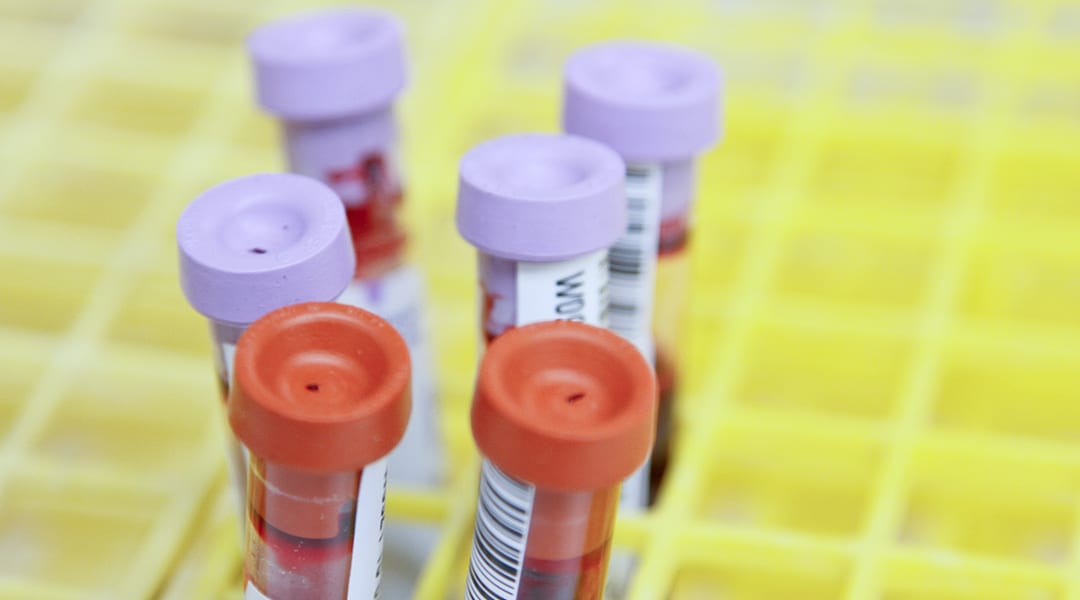
A sensitive blood test for the early diagnosis of Alzheimer’s disease could be possible with nanoparticle arrays.
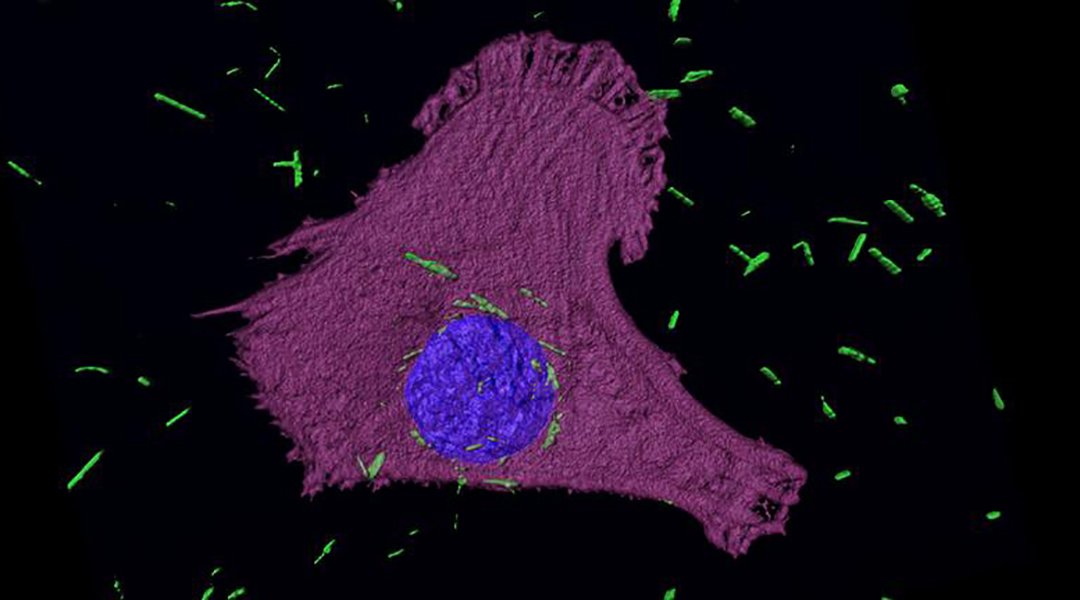
Researchers create a method to fine tune the properties of nanoparticles, making them a promising treatment for cancer.

Researchers have developed an innovative method to make advanced coating materials for “smart” sub-ambient radiative cooling in large-scale building applications.

Nanoparticles are not new; bacteria have been making them long before we had a language to name them.

Animal testing remains a principle screening tool in the drug discovery pipeline, but are they reliable and could there be alternatives to replace them?